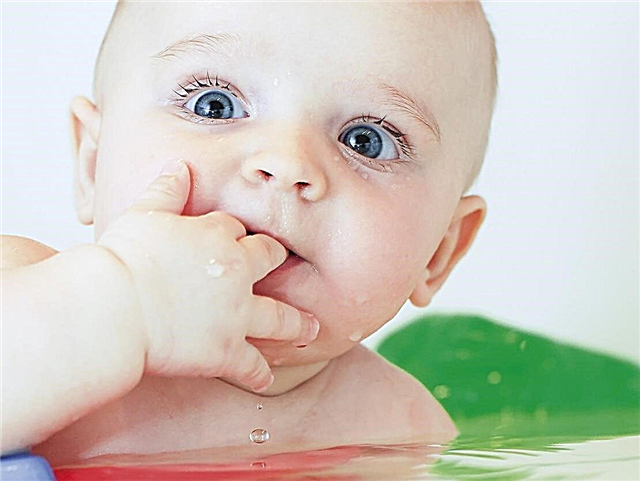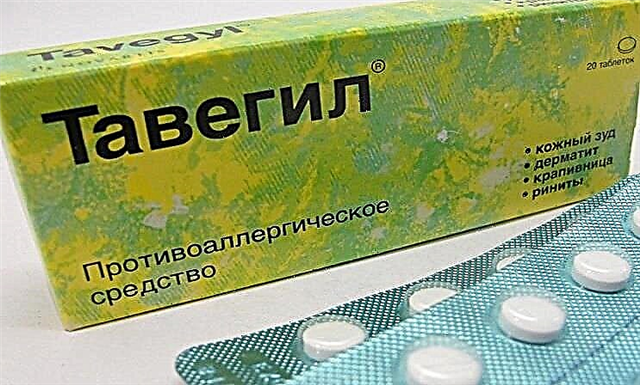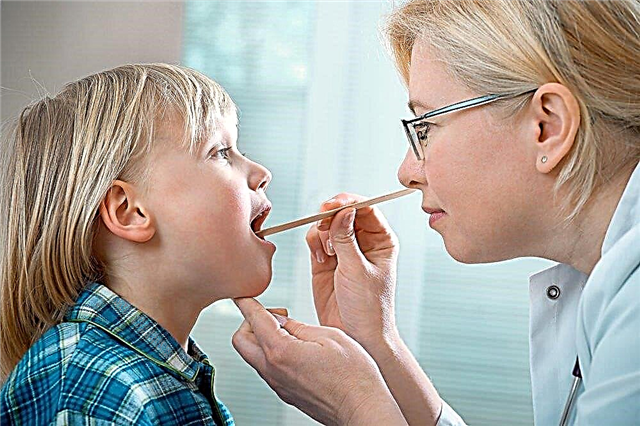Any mother from time to time notices that the baby begins to hiccup after feeding, and often does not know how to cope with his condition. However, pediatricians reassure parents that in most cases, hiccups do not cause discomfort to the baby and do not cause any physiological disturbances. However, if a baby often hiccups, you need to distinguish when this is normal and when it is worth contacting a doctor to prevent possible diseases.

Hiccups cause discomfort to a small child
Explaining to parents why the baby hiccups, pediatricians agree that in most cases this is a kind of reaction to certain external stimuli, as well as the adaptation of the child's body to new living conditions.
It is noticed that usually the baby begins to hiccup immediately after feeding. However, there are more complex reasons for this condition. It is believed that external and internal factors can influence the appearance of hiccups.
Causes of hiccups in newborns
External stimuli leading to hiccups in a one-month-old baby often arise through the fault of the parents themselves:
- When feeding, the baby swallows air along with mother's milk due to improper attachment to the breast;
- After feeding, the overflowing stomach presses on the diaphragm, and the mother forgot to hold the baby "with a column";
- The baby, who is artificially fed, needs to drink plenty of water after the mixture, but the parents do not pay attention to his needs;
- The infant is hypothermic due to improper clothing during a walk;
- Long stay in a wet diaper can also cause hypothermia, respectively, the child hiccups.
Such omissions of adults lead to manifestations of hiccups. However, there are internal reasons that do not depend on external factors why the child hiccups. Pediatricians call common:
- Regular regurgitation, when stomach contents enter the esophagus and press on the diaphragm;
- If the child constantly hiccups, this may be a symptom of pneumonia or digestive system pathology;
- The baby's nervous system is just being formed, so any excitement can lead to hiccups. For example, fright, a harsh sound, or bright light often cause irritation of the nervous system in infants.
Frequent and prolonged hiccuping in children
Pediatricians, answering the question of why a child often hiccups, distinguish short and long-term hiccups. A condition is considered normal when the baby hiccups for no more than 15 minutes. The external reasons for this manifestation are quite clear.

Harsh sounds or frightened baby can cause hiccups
However, there is a prolonged or constant hiccups in an infant, which lasts more than 20 minutes, it is quite difficult to stop it. Therefore, if a child has hiccups and it is not known what to do, this is a reason to consult a doctor.
Pediatricians warn that a prolonged hiccuping condition may indicate the presence of serious diseases:
- Disorders in the digestive tract or central nervous system;
- Intestinal infections;
- Inflammatory processes in the body.
The condition when the child constantly hiccups may indicate rather complex pathologies. For example, it can be a symptom of perinatal encephalopathy that occurs during pregnancy, with birth trauma, in premature babies.
In addition, the hiccupping painful state of the crumbs, accompanied by lethargy, lack of appetite, may indicate a toxic effect on the central nervous system, for example, with lactase deficiency, phenylketonuria.
How to get rid of hiccups
Hiccups, despite the seeming safety, requires a quick response in order to save the baby, first of all, from discomfort. If its causes are caused by the manifestation of external stimuli, then parents can easily cope with it at home. However, more serious manifestations require medical attention.
Ways to help your baby
Concerned about the health and mental state of her child, every mother seeks to avoid any dangerous situation. Such a desire should also be with hiccups, Moreover, there are available methods that help, provided that the main reason is identified:
- When swallowing air with milk, you can change the position of the baby by holding him in a vertical position, which will allow him to quickly get rid of air;
- A baby sitting on a willow tree needs to properly prepare the nipple. If the mixture comes in too quickly, then the newborn swallows it along with the air;
- With a long hiccup, you can offer the baby a warm drink to get rid of it;
- If the child hiccups for a long time, the mother should make sure that he is not cold by checking the hands and nose;
- It is necessary to eliminate all the annoying factors that cause a surge of emotions in the toddler: loud sound, bright light, laughter. You need to calm him down, pick him up, sing a lullaby;
- To exclude overfeeding of the crumbs, as this entails a chronic stage of hiccups. Overeating is indicated by the abundant regurgitation of the baby.

Long and frequent hiccups in a baby can be stopped by drinking plenty of fluids.
Note. The harmless hiccups, which often occur in children in the first months of life, quickly pass, since by the year the baby's digestive tract is improving.
What not to do with hiccups
Some mothers try to eliminate hiccups with grandma's remedies, such as scaring the baby or covering his face with a damp cloth. This is very harmful - so only a new attack is provoked, which negatively affects the psychological state of the child.
Important! It is extremely dangerous to feed a hiccuping baby as it may choke on milk. It is more useful to change the position when feeding - perhaps the baby is uncomfortable, when the diaphragm is squeezed, he begins to hiccup.
How to prevent hiccups
Parents often ask the question: how to deal with hiccups in newborns? The pediatrician's answer is simple: first, you need to determine the likely cause of the problem. First of all, a nursing mother needs to review the diet and exclude from it food that provokes abdominal pain and increased gas production in the baby. The tendency to gas production is a frequent occurrence in children in the first months of life. As a result of the accumulation of gases, the pressure on the diaphragm increases. The consequence is hiccups, which are accompanied by anxiety and intestinal colic.
With frequent hiccups, you need to achieve perfect attachment of the crumbs to the chest. If the newborn does not properly grasp the nipple, air enters the stomach, presses on the diaphragm and causes characteristic sounds. It is useful to take short breaks during feeding, while waiting for the air from the food to escape.
Prevention of discomfort
Pediatricians warn that immediate measures do not always help to eliminate the problem, since the main remedy for hiccups is prevention. It will be quite effective if you follow the recommendations of experts:
- In the case of overfeeding, it is more useful to keep the baby at the breast not so long as often;
- Review the feeding regimen after lactation is established and do not latch the baby to the breast at the first sign of anxiety, thinking that he is hungry. It is better to pay attention to other reasons for crying - perhaps overwork or discomfort from a wet diaper;

For a small child, it is necessary to establish the correct feeding regimen to prevent overfeeding
- You should not put the baby in the crib immediately after feeding, since in the supine position the pressure of the stomach on the diaphragm increases. It is useful to hold the baby for 10-15 minutes in a "column";
- With increased gas production, you can lightly massage the abdomen. A warm diaper applied to the tummy, which will ease the condition of a small child, copes well with intestinal cramps and gas discharge;
- Eliminate sources of stress that excite the baby and lead to hiccups: noise, laughter, loud noises;
- It is advisable not to use musical toys on the baby's crib if it is noticed that after turning them on, he begins to hiccup.
When you need to see a specialist
Note! Hiccups become a symptom of the disease only when it is repeated frequently and lasts a long time, for example, more than several tens of minutes.
Mom should be wary if the child does not just hiccup, but also spits up profusely, strains too much at the chest, arching his back. In most cases, the problem should not cause strong household concerns. However, you should consult a doctor if it is repeated all day and is prolonged.
It is especially dangerous if attacks of severe hiccups occur 3-4 times a week. Often such symptoms can be a harbinger of a dangerous disease, so they should not be ignored.
When the baby is still very young, any problems with him cause serious concern for the parents. If the mother herself cannot cope with the causes of the hiccups, it is necessary to consult a specialist. The doctor will help you make the right diagnosis and eliminate unwanted consequences.



